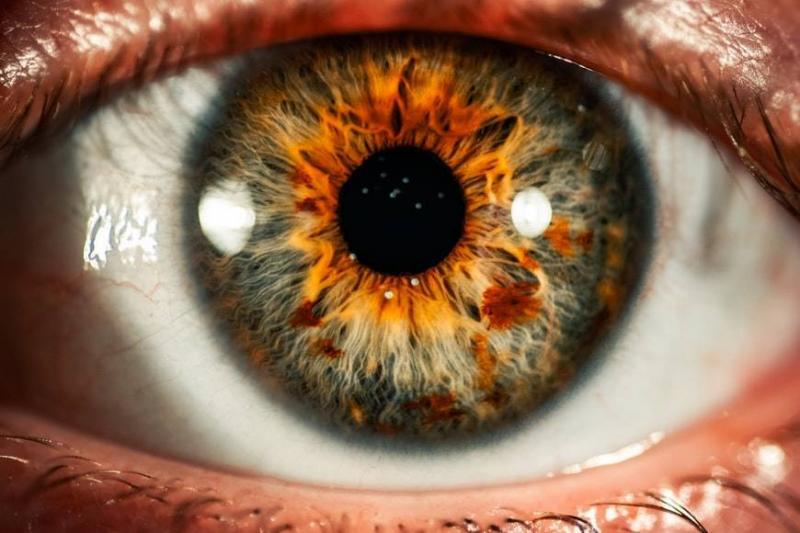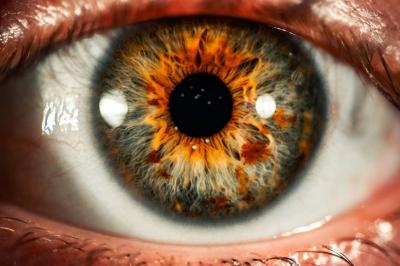Dementia is a broad term for devastating neurodegenerative conditions for which there is currently no cure. While risk factors have traditionally included genetics and age, scientists believe that eye health should be added to the list. Attitudes toward dementia have changed in recent decades; it was once viewed as an inevitable part of aging, as the mind deteriorates with age. However, this has now shifted, and dementia is increasingly recognized as a disease that can be treated and potentially cured. Consequently, research has been conducted to not only identify ways to combat dementia but also to prevent it. Part of this process includes identifying risk factors.
U.S. scientists have stated that improving vision could prevent dementia, according to research published in JAMA Neurology. Joshua Ehrlich notes in the paper: "We have known for some time that vision impairment is a risk factor for dementia. We also learned that a significant portion of vision impairment could be avoided or remains unaddressed."
The study's results indicated that better eye health could have prevented approximately 2% of dementia cases in the United States in 2018, equivalent to 100,000 cases. Ehrlich explains that the researchers "found it surprising that vision impairment has been overlooked in the major models of modifiable risk factors for dementia that are used to shape health policy and allocate resources." They added that one of the aims of the study is to "clarify that vision impairment has the same impact as several other long-accepted modifiable dementia risk factors."
By demonstrating the impact of eye health on dementia, more cases could be identified earlier. Statistics indicate that one in three people born today will develop dementia in their lifetime, with Alzheimer's disease being the most common form. Current risk factors for dementia include:
- Aging
- Genetics
- Gender
- Cognitive reserve
- Ethnic origin
- Health conditions and diseases
- Lifestyle factors
Meanwhile, eye health is not the only risk factor for dementia. New research suggests that sleep may play an important role in an individual's risk of developing dementia. Scientists from the University of Cambridge recommend that seven hours of sleep, rather than eight, is the optimal amount for warding off dementia. Their advice follows a study of the sleep patterns of half a million Britons aged between 38 and 73. The National Health Service (NHS) currently recommends sleeping between six to nine hours.
Professor Barbara Sahakian, a co-author of the study, stated: "Getting a good night's sleep is important at all stages of life, but especially as we age. Finding ways to improve sleep for the elderly can be crucial in helping them maintain mental health and well-being and avoid cognitive decline, especially for patients with psychological disorders and dementia." Researchers also noted that both getting too much sleep and too little can negatively affect the body.




